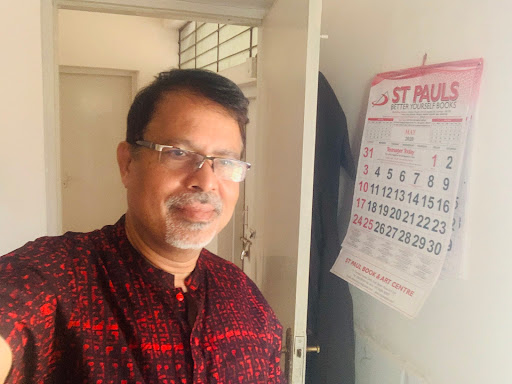Pope Francis spoke extensively today about the migration crisis and how nations should best confront it in his annual speech to the diplomatic corps accredited to the Holy See.
Here are some key points from the Holy Father’s discourse:
- The Pope said an individualistic spirit is “fertile soil” for the growth of indifference, fear and cynicism towards the "least in society": the poor, the marginalized, and particularly migrants.
- He counseled world leaders not to be frightened of migration which has always been a part of human history, adding it is “painful to realize” that these migrants are not included in international systems or agreements.
- The Pope said a “culture of waste” and the “idols of profit and consumption” have led to poverty, hunger and need appearing “normal”, and that persons are no longer valued if they’re “not yet useful”, like the unborn, or “no longer needed”, like the elderly. A “common commitment” is needed to turn such a culture of waste around.
- He appealed for an end to human trafficking which turns persons “into commodities”, remembered in particular the images of children who died at sea as well as the cry of persecuted Christians and others who wish to return to their own homeland.
- The Pope said many of the causes of migration could have been addressed “some time ago,” but it would mean “rethinking” the arms trade, economic systems, the “grave scourge of corruption”, and the need for long-term planning.
- Francis acknowledged security and other concerns related to massive migration into Europe but said there should be “no loss of values and principles of humanity”, however much the burden may be “difficult to bear.”
- He thanked those who have helped in the humanitarian response, noted that those nations “in the forefront” of meeting the current emergency should be assisted, and said there is “no place for autonomous solutions”. Migration, he said, “will play a pivotal role” in the world’s future and a response must be a “common effort”, respectful of human dignity.
- Migration has cultural implications, “extremism and fundamentalism” being one of them, which finds “fertile soil” in the exploitation of religion and “vacuum of ideals and the loss of identity – including religious identity – which dramatically marks the so-called West.”
- But he said acceptance of migrants offers a “good opportunity” for greater understanding and broadening horizons, and he reaffirmed the Holy See’s commitment to ecumenical and interreligious dialogue.
- The Pope underlined the importance of recently ratified treaties, such as the fiscal agreements between the Holy See and the US, and agreements on the juridical status of the Church in Chad and Palestine, as well as international agreements such as the Iran nuclear deal and the UN climate change agreement.
- He noted recent challenges and tensions in the Persian Gulf (between Iran and Saudi Arabia) and on the Korea peninsula (first alleged test of hydrogen bomb in North Korea) but saw hopeful developments in the Central African Republic, Cyprus and Colombia.
- The Pope said he was “certain” this Jubilee year will be a “favorable occasion” for the “cold indifference of so many hearts to be won over by the warmth of mercy, that precious gift of God which turns fear into love and makes us artisans of peace.”
Read more: http://www.ncregister.com/blog/edward-pentin/12-key-points-from-popes-2016-survey-of-the-world/#

No comments:
Post a Comment